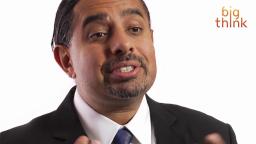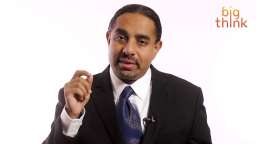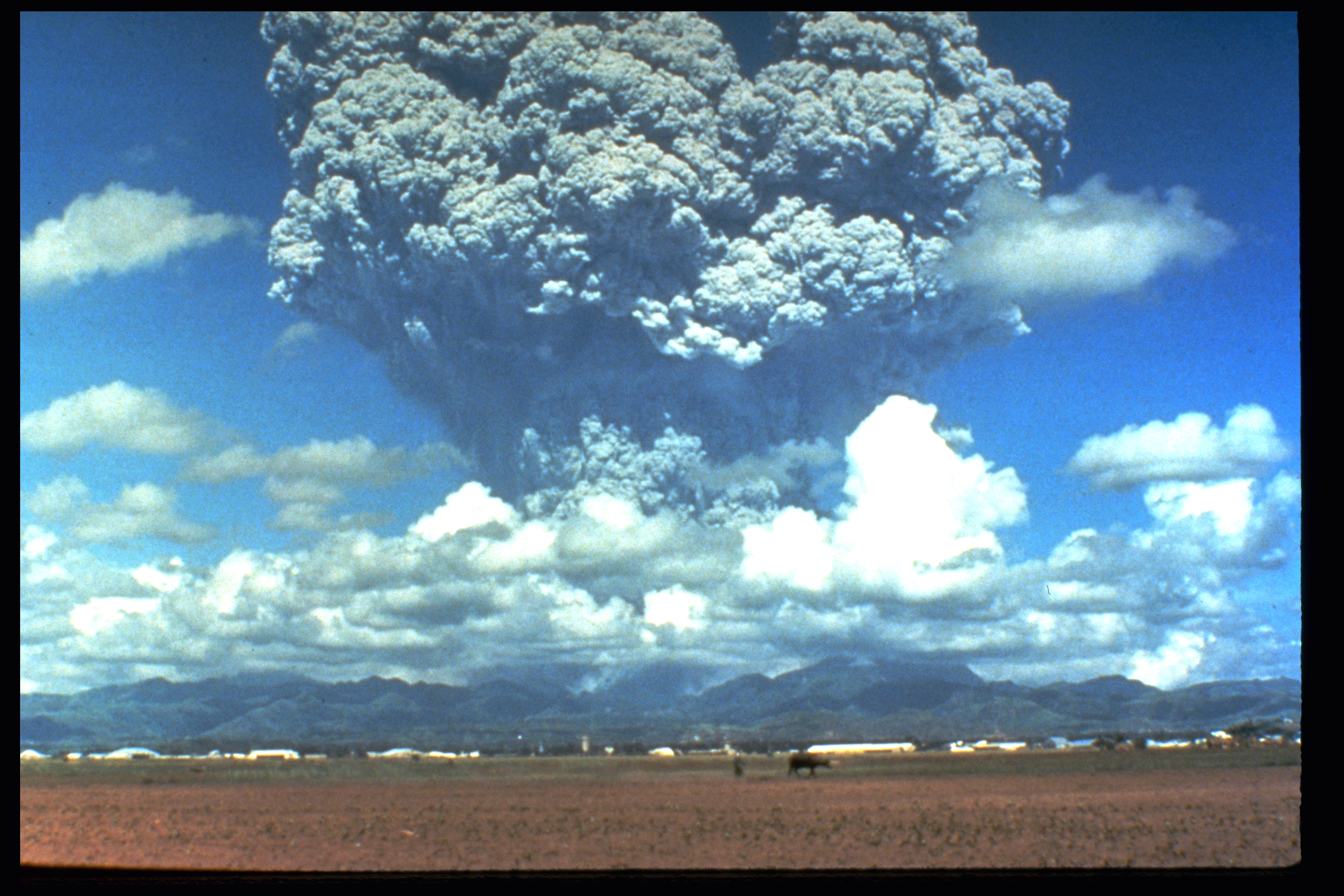Ramez Naam
Technologist and Author
Ramez Naam was born in Cairo, Egypt, and came to the US at the age of 3. He's a computer scientist who spent 13 years at Microsoft, leading teams working on email, web browsing, search, and artificial intelligence. He holds almost 20 patents in those areas.
Ramez is the winner of the 2005 H.G. Wells Award for his non-fiction book More Than Human: Embracing the Promise of Biological Enhancement. He's worked as a life guard, has climbed mountains, backpacked through remote corners of China, and ridden his bicycle down hundreds of miles of the Vietnam coast. He lives in Seattle, where he writes and speaks full time.
If population growth was slower, then fewer people would have come up with all the great ideas that enhance your life today, whether it’s antibiotics or the electric light or […]
▸
3 min
—
with
Expanding access to education and research tools, Ramez Naam says, “is accelerating this process of the Darwinian evolution of ideas.”
We have to grow about 70 percent more food by 2050 to feed the population.
A carbon tax could be devised to incentive consumers to be ever-more energy efficient.
Ideas pop up and are subjected to a Darwinian fitness test.
▸
3 min
—
with
Geoengineering or climate engineering refers to humans taking larger action to slow down climate change or even reverse it.
One reason that we know that ideas stick and spread is because they’re useful.
Twice as many people means twice as much consumption. But it might mean three times as much innovation and we can see that throughout history.
We are very, very wired to spread ideas and that’s where the power of human innovation comes from.
I have great hope that we can continue progress for quite some long time. But eventually in each area progress does slow down a bit.









